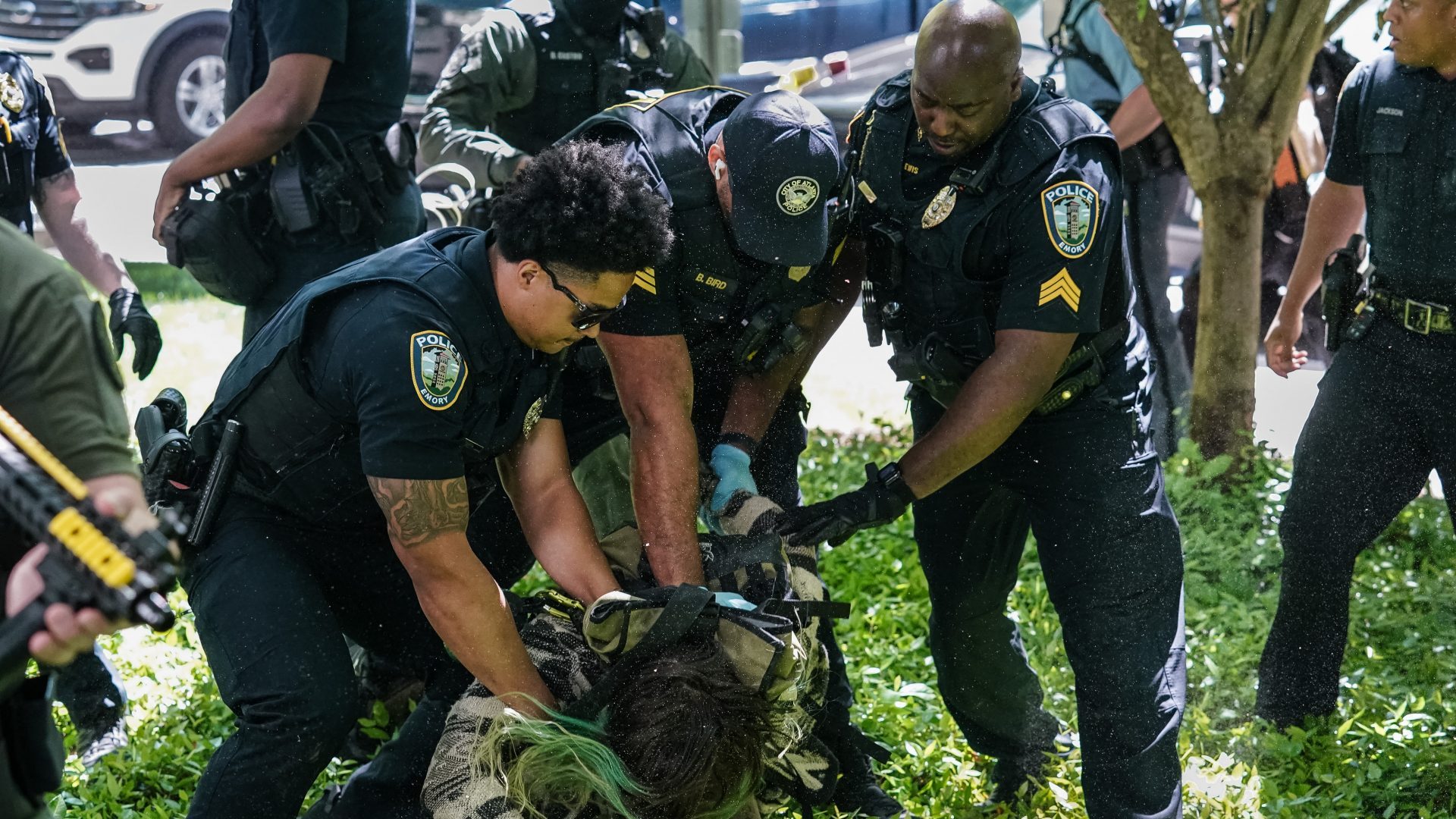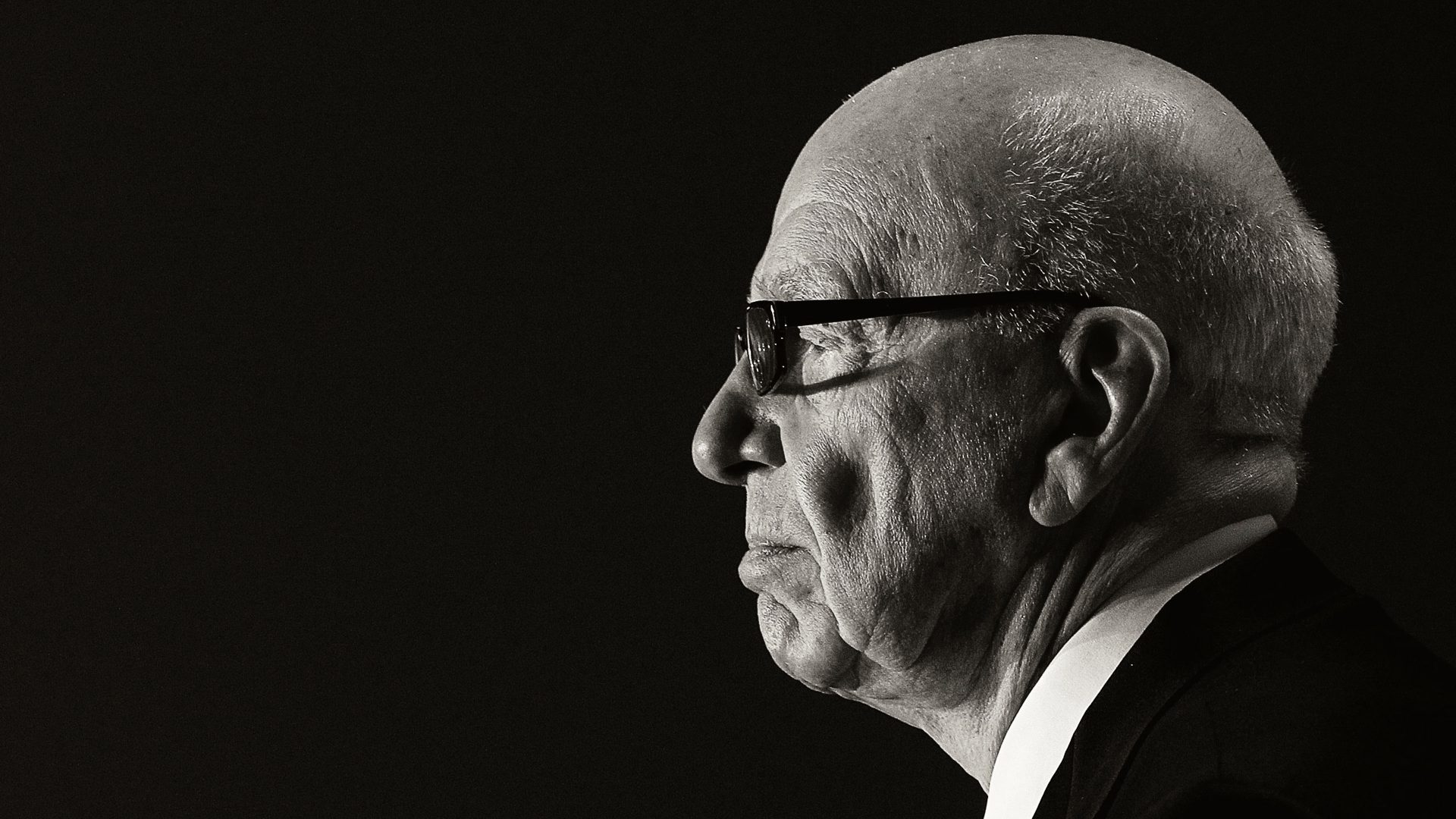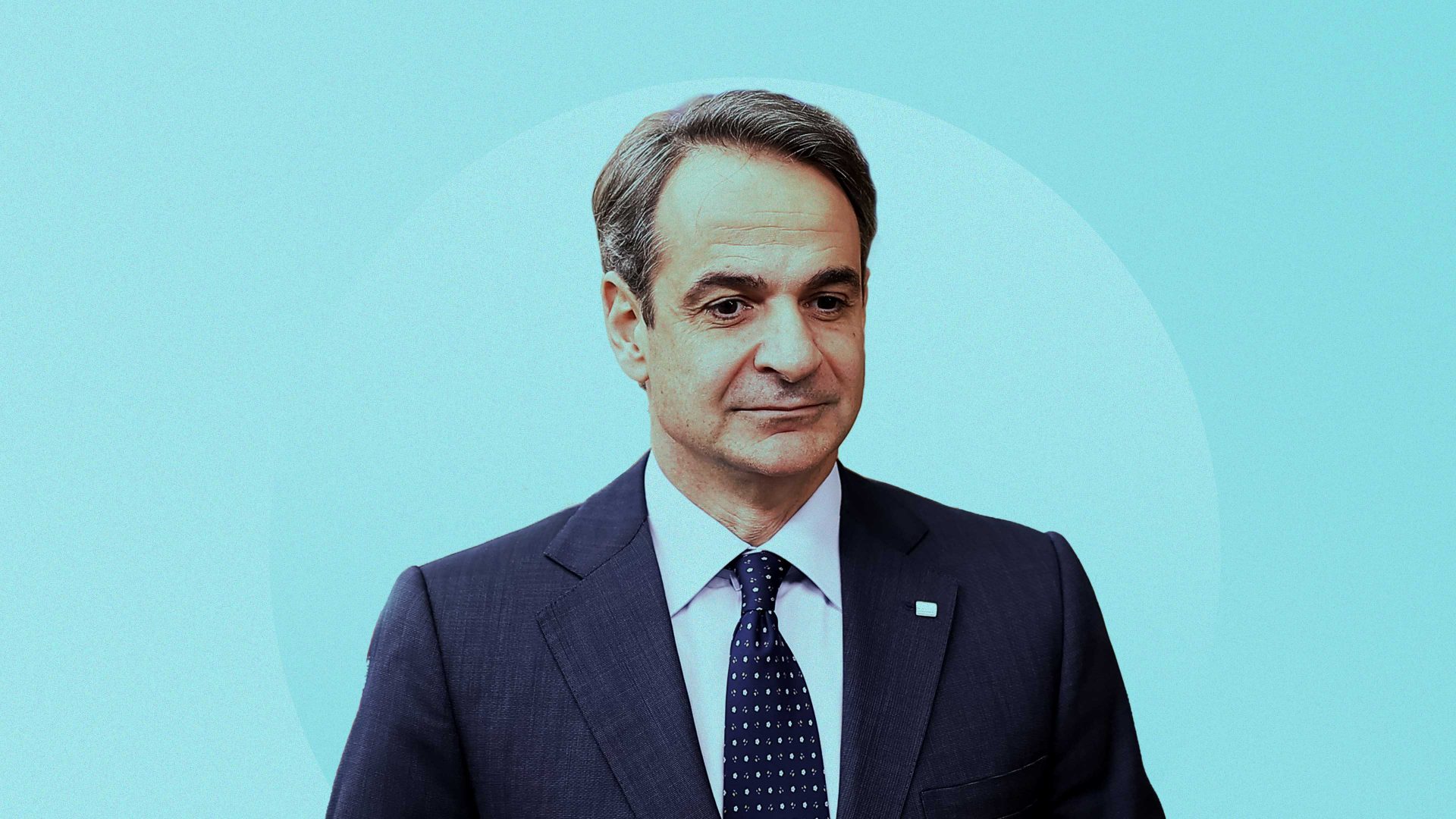“It was a beautiful thing to watch”: thus did Donald Trump describe the arrest late last Tuesday of 282 protesters at Columbia University and the City College of New York.
Astonishingly hypocritical, you might think, from a man who himself faces 88 felony charges, many of them connected to the attempted coup of January 6, 2021. But Trump has never cared about hypocrisy, or much else other than his own pursuit of power. Fox News obligingly described the student protests as an “insurrection”; which, again, really is beyond parody.
The campus mayhem in America has been a social tragedy and may yet contribute to a political disaster. It is a tragedy because university protests have long been part of the warp and weft of US democracy and an intermittent force for good in the reform of the republic.
One of my political heroes is Mario Savio, leader of the Berkeley Free Speech Movement, who fought for civil rights and against the university’s ban on political activism, and famously declared in 1964 that when “the machine” acts intolerably, “you’ve got to put your bodies upon the gears and upon the wheels”.
The rights to free speech and free assembly are the bedrock of a healthy democracy. Wherever you stand on the war in Gaza and the wider conflict in the Middle East, it is unarguably healthy that young people – routinely accused of apathy and disengagement – are taking a stand and making their voices heard.
Without question, many of the protests spun out of control: there were acts of intimidation, incitement to violence, vandalism, and barricading to stop other students getting to class. The encampments had undoubtedly been infiltrated by troublemaking outsiders who had no connection to the universities in question.
There were individuals who needed to be removed and incidents that warranted police intervention. But was the use of stun grenades, rubber bullets and tear gas really necessary?
Now, the activists have their sights set on the Democrat convention in August in Chicago – the city that famously hosted the same gathering in 1968, at which Hubert Humphrey’s nomination as the party’s presidential candidate was overshadowed by protests against his support of the Vietnam war, by rioting and by violent policing.
Today’s party conventions are classified as “national security special events” which means that the scope for disruption is more limited than it was 56 years ago. All the same: a coalition of 75 organisations is planning to protest in Chicago and ensure that Joe Biden’s coronation as the Democrat nominee is at least partly marred by fury at his support of Israel’s actions in Gaza.
Bernie Sanders has said that this conflict “may be Biden’s Vietnam”. This parallel is imperfect: in 1968, the national draft was still in effect, 17,000 Americans were killed in action in that year alone, and the war dominated the US political agenda to an extent that the Middle East crisis does not today.
All the same: “Gaza” is becoming a shorthand for dissatisfaction with Biden among progressives and the young, and a significant threat to the electoral coalition that he assembled in 2020. The prospect of more disorder in Chicago is, correctly, a matter of grave concern to Democrat strategists.
This leads us to the risk of political disaster. In November 1968, Richard Nixon defeated Humphrey in large part by presenting himself as the candidate of law and order; the tribune of the “silent center” – “the millions of people in the middle of the American political spectrum who do not demonstrate, who do not picket or protest loudly”. As Rick Perlstein puts it in his brilliant book, Nixonland (2008), the Republican candidate and his running mate, Spiro T Agnew, shared a “veritable mania for order”.
That Trump is trying to do the same is, on any rational basis, ridiculous. How can this agent of chaos, who instigated the invasion of the Capitol on January 6 and sought to subvert the peaceful transfer of power by flagrant electoral interference, conceivably posture as the candidate of order?
The answer is: it all depends what you mean by “order”. Trump does not try to disguise his past associations with or sympathy for violent activity. On April 24, he posted that Biden had “done a really terrible job because Charlottesville is like a ‘peanut’ compared to the riots and anti-Israel protests that are happening all over our Country, RIGHT NOW”.
A “peanut”? I wonder whether the family of Heather Heyer, the 32-year-old murdered by a white supremacist in a speeding car in Charlottesville, agrees with that scornful characterisation.
As for January 6: the former president has said repeatedly that, if re-elected, he would pardon the 500 “J6 hostages” presently incarcerated for their role in the insurrection (which caused at least five deaths). He himself is facing serious jail time if he is ever held to account for his part in the violence.
Yet, in the minds of his supporters – and, do not forget, he is still ahead in most opinion polls – Trump represents and would enforce a form of order that has less to do with the letter of the law and more to do with a primal, Old Testament notion of payback, suppression and ruthless authority.
“I am your warrior,” he said at an event in Maryland last March. “I am your justice. And for those who have been wronged and betrayed: I am your retribution”. This is not constitutional order but autocracy.
And, sad to say, there is an electoral taste for it. As James Carville, Bill Clinton’s chief strategist in 1992, observed of the campus disturbances: “So much of Biden’s issues are tied to disorder. The border stuff, the overhyped crime stuff. This just adds another thing to it. That’s the danger of it”.
In his recent interview with Time magazine, Trump was asked about his previous remark that he wanted to be dictator “for one day”. To which he replied: “I think a lot of people like it.”
In November, we shall find out if he is right.




